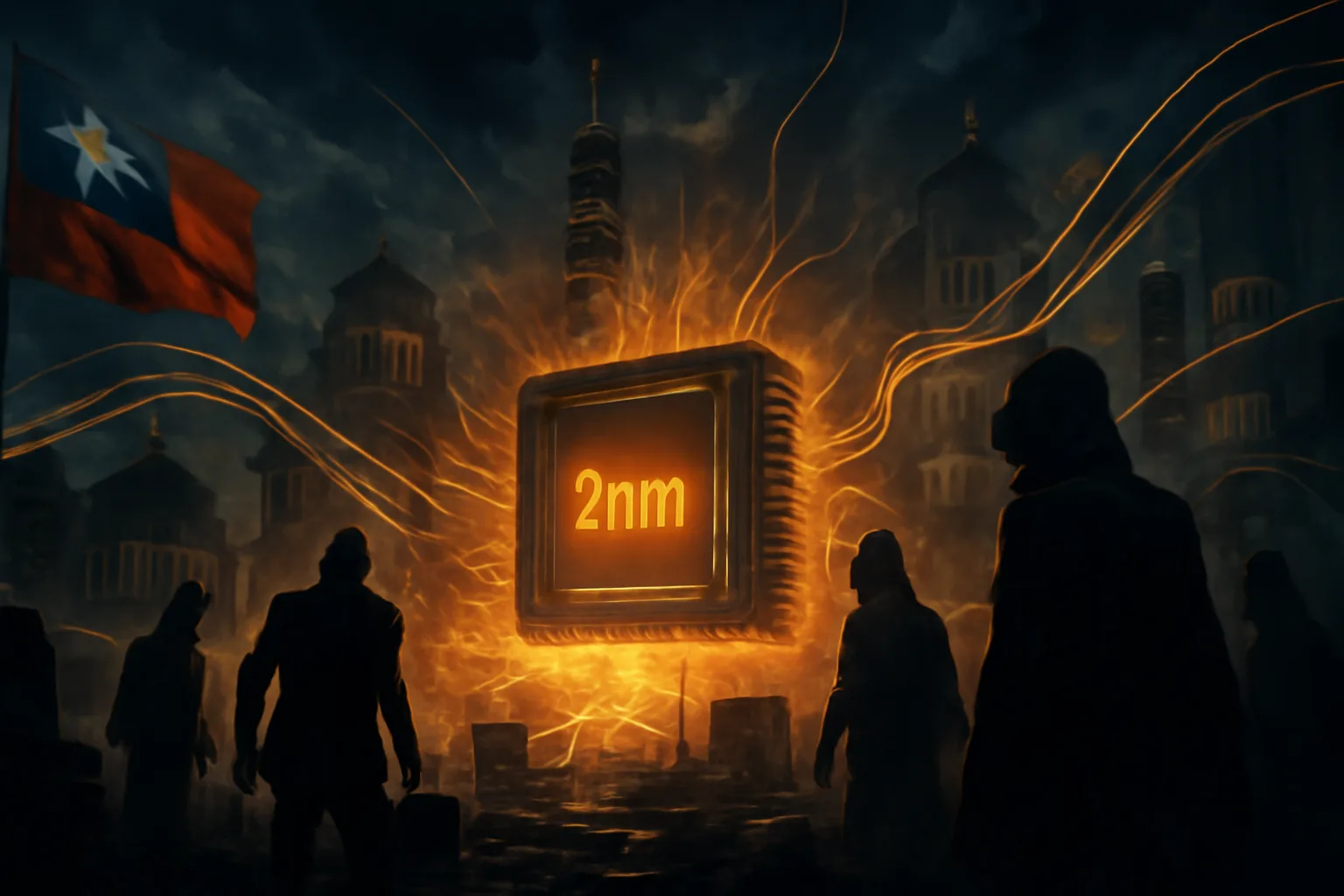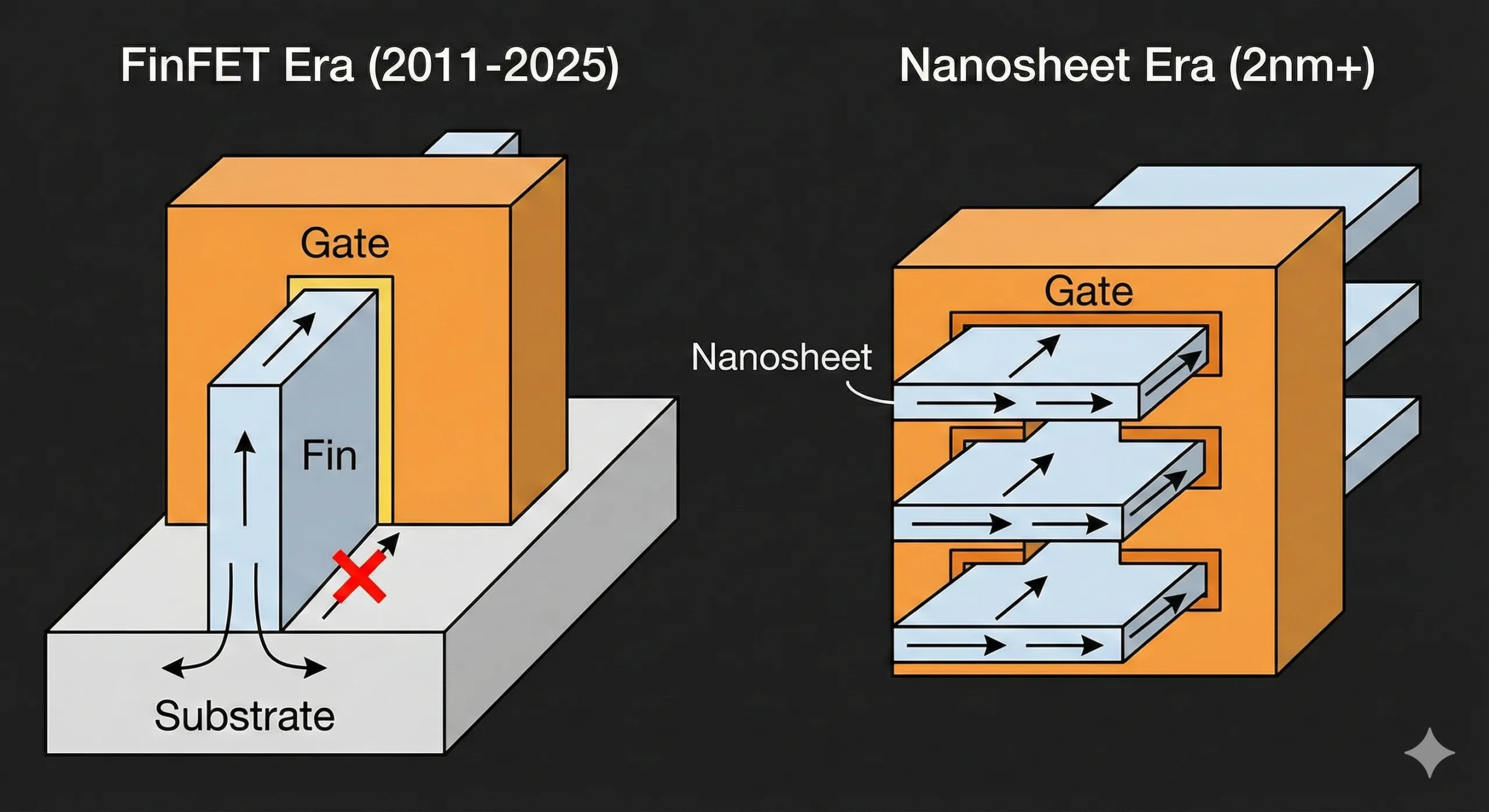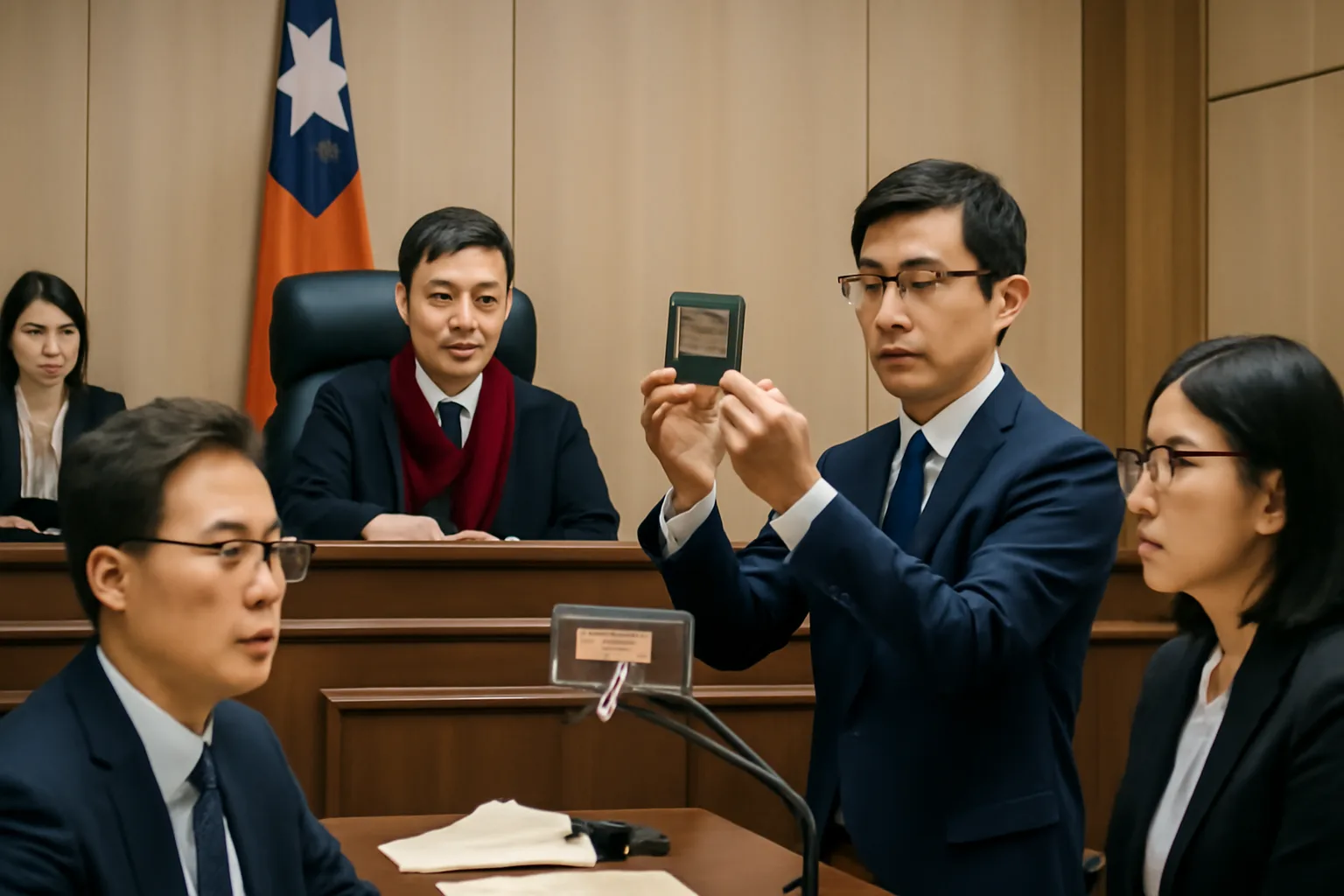In an industry where microscopic improvements can be worth billions, Taiwan has sent a clear message: stealing semiconductor secrets will cost you more than a decade of your life. The recent prosecution of three individuals for TSMC trade secret theft involving cutting-edge 2nm chip technology marks the first major case under Taiwan’s amended National Security Act, with prosecutors seeking a 14-year prison sentence for the primary defendant.
The case centers on Taiwan Semiconductor Manufacturing Company (TSMC), which produces over 90% of the world’s most advanced semiconductors for tech giants like Apple and Nvidia. When the company detected unauthorized access to its proprietary 2nm chip technology through internal monitoring systems, it triggered what experts are calling one of the most significant semiconductor espionage cases in recent history
The 2nm Technology at the Center of Industrial Espionage

TSMC’s 2nm chip technology represents the pinnacle of semiconductor manufacturing, offering unprecedented transistor density and energy efficiency. This advanced semiconductor manufacturing process, scheduled for mass production in late 2026, utilizes revolutionary nanosheet transistors that replace traditional FinFET architectures. The technology promises dramatic improvements in computing performance while reducing power consumption—capabilities that make it invaluable to companies developing next-generation devices.

The stolen information allegedly included hundreds of technical photographs and proprietary data related to TSMC’s 2nm manufacturing process. Prosecutors revealed that the theft occurred at TSMC’s Hsinchu facility, where former employee Chen Li-ming conspired with current TSMC engineers Wu Ping-chun and Ko Yi-ping to obtain what authorities classify as “national core technology trade secrets”.
Investigations suggest the stolen semiconductor intellectual property was intended for Tokyo Electron, a Japanese chip equipment manufacturer and key shareholder in Rapidus—a government-backed Japanese chipmaker that directly competes with TSMC in advanced node manufacturing. This connection transforms what might have been viewed as corporate theft into a case of international industrial espionage with significant geopolitical implication
TRENDING
How Taiwan’s National Security Laws Target Chip Theft ?

Taiwan’s response to the TSMC breach demonstrates how seriously the island nation takes threats to its semiconductor dominance. The Taiwan National Security Act amendments specifically target the theft of “national core technology,” recognizing that semiconductor trade secrets represent critical national assets. Under these enhanced penalties, defendants face up to 12 years in prison and fines exceeding $3 million.
The Intellectual Property and Commercial Court ordered all three suspects to be detained and held incommunicado, citing concerns they might destroy additional evidence or collude in making false statements. The severity of the prosecution—with prosecutors seeking 14 years for Chen Li-ming, nine years for Wu Ping-chun, and seven years for Ko Yi-ping—reflects Taiwan’s determination to protect its chip industry leadership.
TSMC’s internal response was equally decisive. The company fired the employees involved, transferred six other R&D personnel, and implemented its “zero-tolerance policy” for trade secret violations. This swift action underscores how semiconductor espionage threats are forcing companies to balance collaboration with unprecedented security measures.
Also Read :Google Engineer Convicted of AI Espionage—Faces Up to 70 Years in Prison
Global Semiconductor Competition Fuels Espionage Risks
The TSMC case illustrates broader patterns in semiconductor espionage driven by intensifying global competition. Industry analysts note that approximately 3,000 Taiwanese engineers now work for Chinese semiconductor firms in senior R&D roles, creating potential vulnerabilities in intellectual property protection. Previous incidents include TSMC engineers charged with transferring 5nm and 10nm process technology to Chinese companies in 2017 and 2018.
The strategic importance of 2nm chip technology extends beyond commercial value to national security implications. The U.S. government has invested heavily in TSMC’s Arizona expansion through the CHIPS Act, recognizing that advanced semiconductor manufacturing capabilities are essential for technological sovereignty. As nations compete to secure access to cutting-edge nanometer process technology, the risk of industrial espionage continues to escalate.
The involvement of Tokyo Electron and its connection to Rapidus highlights how supplier relationships in the semiconductor ecosystem can create unexpected security vulnerabilities. As companies collaborate across borders to develop advanced semiconductor manufacturing capabilities, protecting intellectual property becomes increasingly complex while remaining absolutely critical for maintaining competitive advantages in the global chip war.
Taiwan’s harsh prosecution of the TSMC theft case signals that the island nation will use every legal tool available to protect its semiconductor supremacy. With 2nm chip technology representing the current frontier of Moore’s Law, the battle for control over these capabilities will likely intensify pressure on companies and governments to strengthen security measures while pursuing technological advancement.
Discover more from WireUnwired Research
Subscribe to get the latest posts sent to your email.




